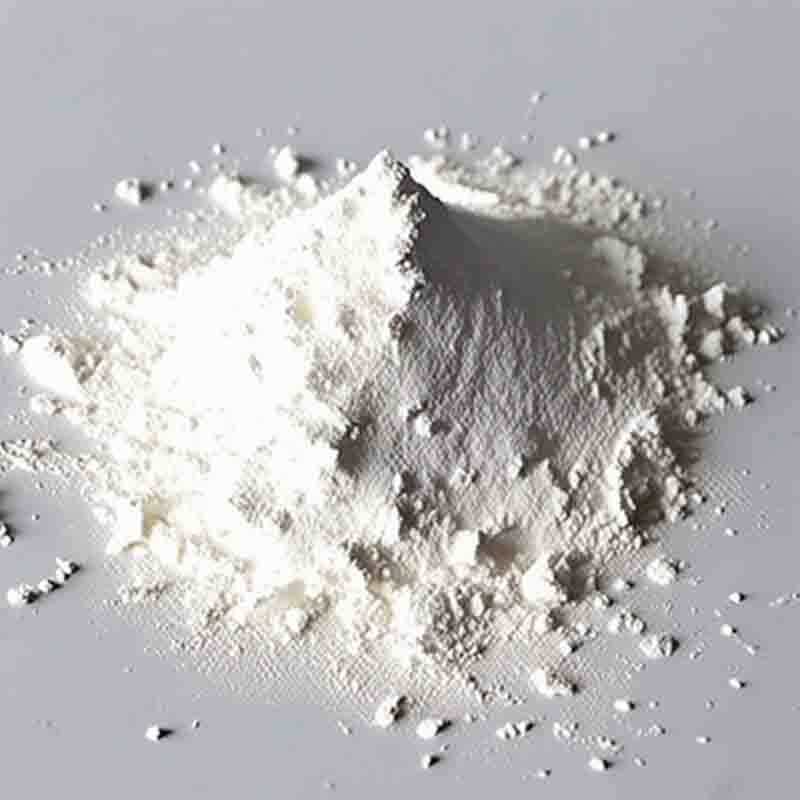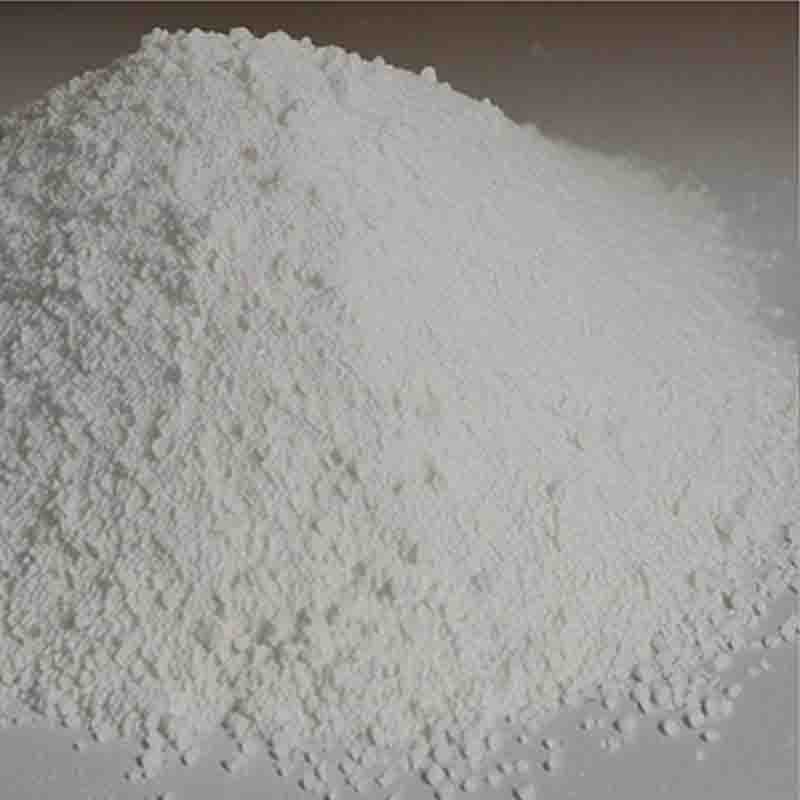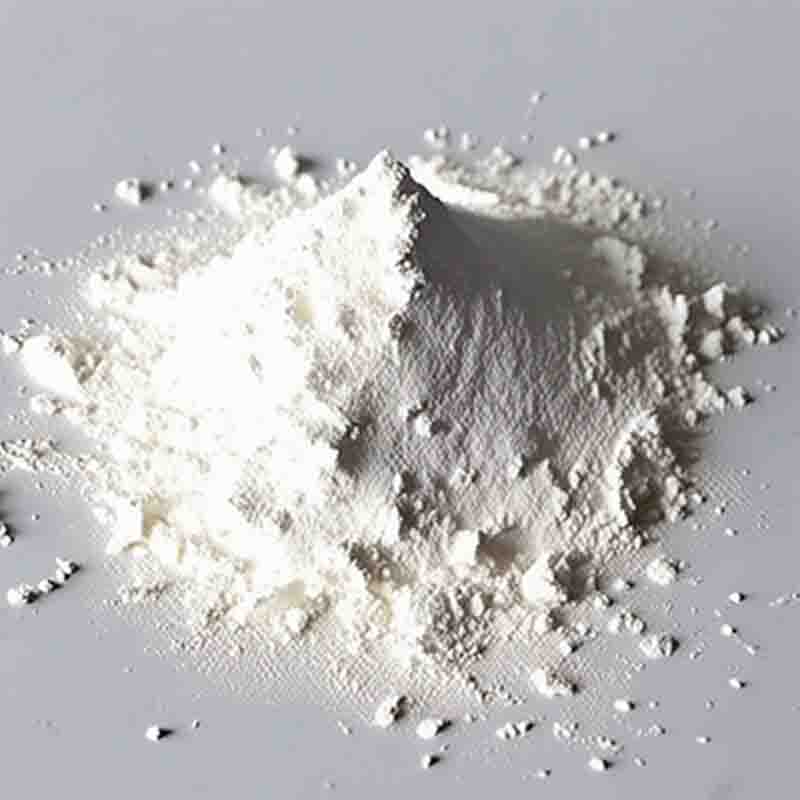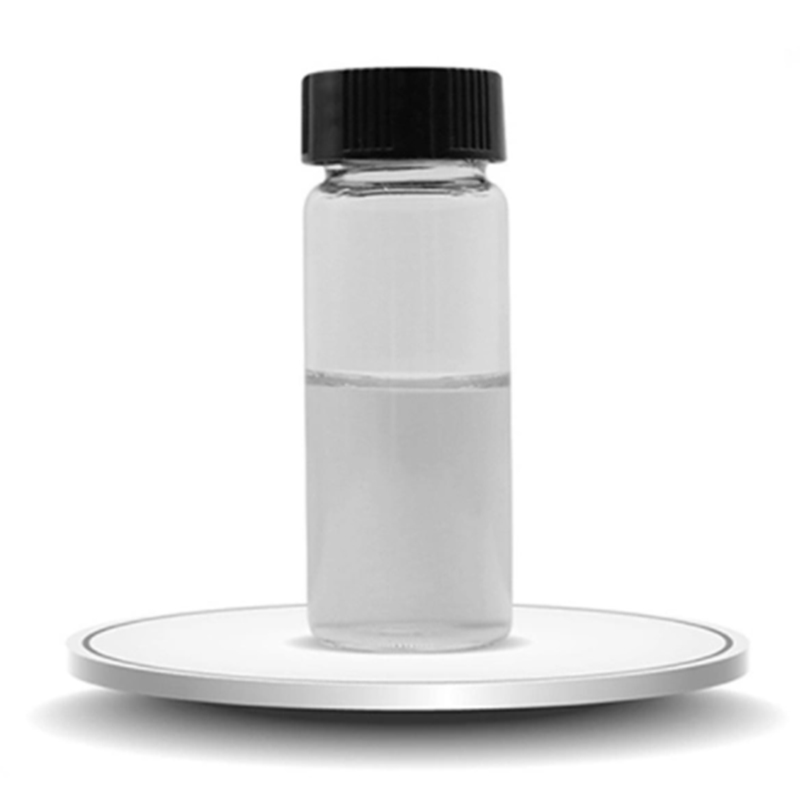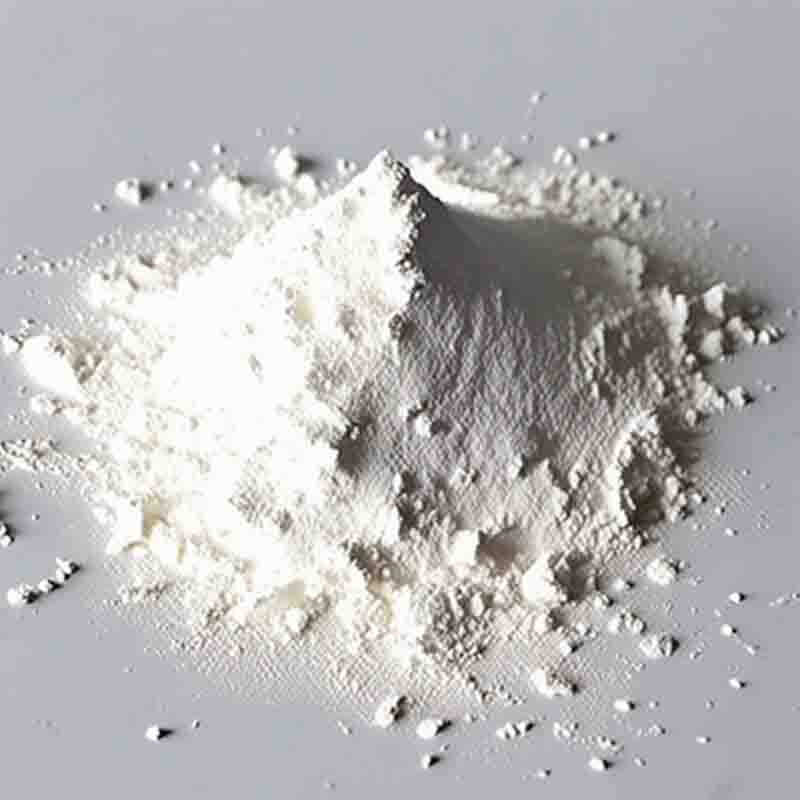5,6-Dihydro-3-(4-morpholinyl)-1-(4-nitrophenyl)-2(1H)-pyridinone CAS: 503615-03-0
| Catalog Number | XD93656 |
| Product Name | 5,6-Dihydro-3-(4-morpholinyl)-1-(4-nitrophenyl)-2(1H)-pyridinone |
| CAS | 503615-03-0 |
| Molecular Formula | C15H17N3O4 |
| Molecular Weight | 303.31 |
| Storage Details | Ambient |
Product Specification
| Appearance | White powder |
| Assay | 99% min |
5,6-Dihydro-3-(4-morpholinyl)-1-(4-nitrophenyl)-2(1H)-pyridinone, also known as MPN or simply Nitro-Melatonin, is a chemical compound that has gained attention for its potential therapeutic applications in the field of sleep disorders and neurodegenerative diseases.One of the primary uses of MPN is related to its influence on sleep regulation. Melatonin is a naturally occurring hormone that helps regulate sleep-wake cycles in the body. MPN acts as a novel melatonin receptor agonist, meaning it binds to melatonin receptors in the brain and mimics the effects of endogenous melatonin. By activating these receptors, MPN can help regulate sleep patterns, improve sleep quality, and alleviate symptoms of insomnia or other sleep disorders.MPN has also shown promise in the field of neurodegenerative diseases, particularly in relation to its potential antioxidant and neuroprotective effects. Oxidative stress and the accumulation of free radicals are known to contribute to the development and progression of neurodegenerative disorders such as Alzheimer's disease and Parkinson's disease. MPN, with its nitro and phenyl groups, possesses antioxidant properties and has shown the ability to scavenge free radicals, reducing oxidative damage to brain cells. This suggests that MPN could have a protective effect on neurons and potentially slow down the progression of neurodegenerative diseases.Furthermore, MPN has been studied for its potential anti-inflammatory effects. Neuroinflammation plays a crucial role in various neurological disorders, and reducing inflammation in the brain could help alleviate symptoms and promote neuroprotection. MPN has exhibited inhibitory effects on inflammatory markers and cytokines, suggesting its potential as an anti-inflammatory agent in neuroinflammatory conditions.MPN's chemical structure and unique properties have also led to its investigation in other areas of research. It has shown potential as an anticancer agent, inhibiting the growth and proliferation of cancer cells through various mechanisms. Additionally, MPN has been studied for its potential antiviral activity, demonstrating inhibitory effects against certain viral infections.In conclusion, 5,6-Dihydro-3-(4-morpholinyl)-1-(4-nitrophenyl)-2(1H)-pyridinone (MPN) is a chemical compound with potential therapeutic applications in sleep disorders, neurodegenerative diseases, inflammation, cancer, and viral infections. Its interactions with melatonin receptors, antioxidant properties, anti-inflammatory effects, and potential anticancer and antiviral activities make it a compound of interest for further research and development. Continued studies will help determine the full therapeutic potential of MPN in various disease conditions, offering potential advancements in healthcare and treatment options.


